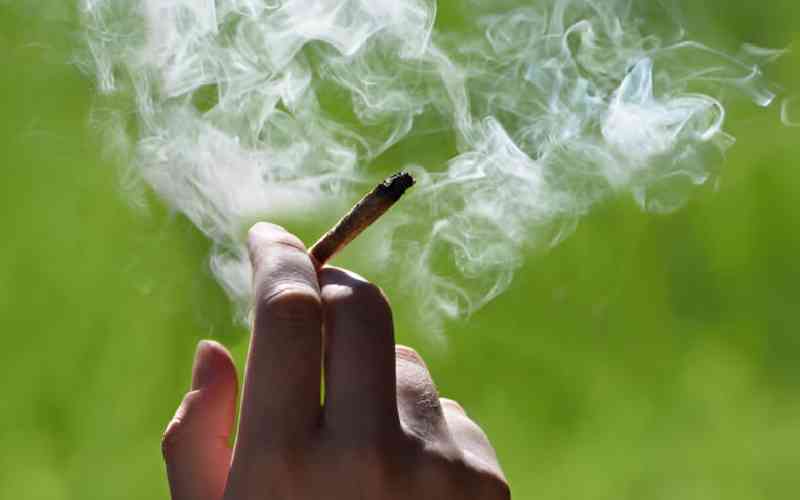×
The Standard e-Paper
Home To Bold Columnists

Cannabis is the most commonly used illicit drug in Australia (and in Kenya along with alcohol, according to the University of Nairobi), with one in three adults using it at some point in their lives. It's legal in some places around the world and offered medicinally in others. But what does smoking pot do to your mental health?